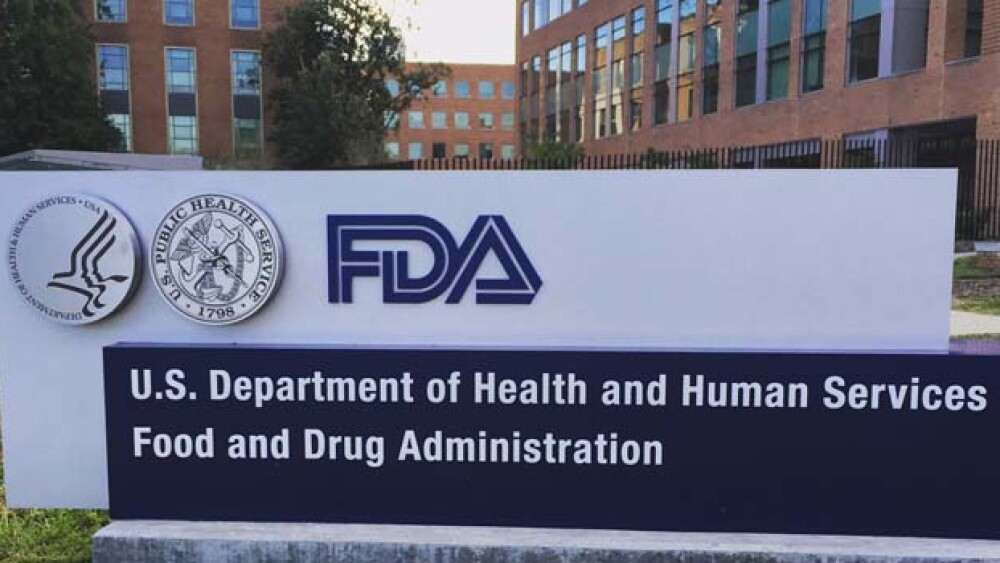The U.S. Food and Drug Administration (FDA) issued a complete response letter (CRL) to Sandoz, a division of Novartis, for its Biologics Licensing Application (BLA) for its biosimilar to Roche/Genentech’s Rituxan.
The U.S. Food and Drug Administration (FDA) issued a complete response letter (CRL) to Sandoz, a division of Novartis, for its Biologics Licensing Application (BLA) for its biosimilar to Roche/Genentech’s Rituxan.
Rituxan is used to treat blood cancers and some immunological diseases. It brings in around $4 billion per year in U.S. sales.
A CRL isn’t exactly a rejection, although it can be perceived as such. It typically outlines why the FDA is not currently approving a product, typically leading to steps that can be made by the company to fix them.
Reuters notes, “Deutsche Bank analyst Tim Race said Rituxan could now remain free from biosimilar competitors in the United States this year, with erosion threatening only from 2019…. Race said he had been expecting a sales loss to biosimilars of about $150 million in 2018 and Roche earnings would be around 0.5 percent higher if this was removed. For 2019, Race assumes a $1 billion fall in U.S. Rituxan sales versus 2017, so if biosimilars enter from mid-2019 there could be an earnings uplift of about two percent.”
Last month, the FDA issued CRL letters for Celltrion’s biosimilars to Roche’s Herceptin and Rituxan. The rejections appeared to be related to issues with Celltrion’s manufacturing facility. In February, the European Medicines Agency (EMA) approved Celltrion’s Herzuma, a Herceptin copycat, for early breast cancer, metastatic breast cancer, or metastatic gastric cancer whose tumors have either HER2 overexpression or HER2 gene amplification. The EMA approved Celltrion’s Truxima, a biosimilar for Rituxan last year.
Last year, Celltrion partnered with Israel’s Teva Pharmaceutical to commercialize Truxima in the U.S. and Canada. The deal, which was $160 million upfront, also included Celltrion’s Herzuma. Genetic Engineering & Biotechnology News notes the deal “was made after the firm’s previous Truximab partner Pfizer passed back its rights to the drug when it bought the biosimilars developer Hospira for $17 billion in 2015. Pfizer held on to its U.S. partnership with Celltrion for the inifliximab (Janssen Biotech’s Remicade) biosimilar, Inflectra (Remsima in Euurope), which won FD approval in April 2016.”
In a statement, Sandoz said it “stands behind the robust body of evidence included in the regulatory submission and is currently evaluating the content of the letter. While disappointed, Sandoz remains committed to further discussions with FDA in order to bring this important medicine to U.S. patients as soon as possible.”
The U.S. has been slow to approve biosimilars compared to Europe. But there the biosimilars market is having a significant effect on the name brand products they are designed to compete with. For example, in the first quarter of this year, Rituxan sales dropped by 44 percent in Europe due to biosimilar competition.
Reuters writes, “The tussles in the biosimilars market are a growing focus for investors, with soaring valuations for some pioneers in the field, such as South Korea’s Celltrion, and worries about the long-term sales threat to makers of original drugs, such as Roche and AbbVie. Overall, U.S. regulators have lagged behind Europe in approving biosimilars, while a complex system of rebates offered to insurers by original-brand drugmakers has also created barriers to use.”





